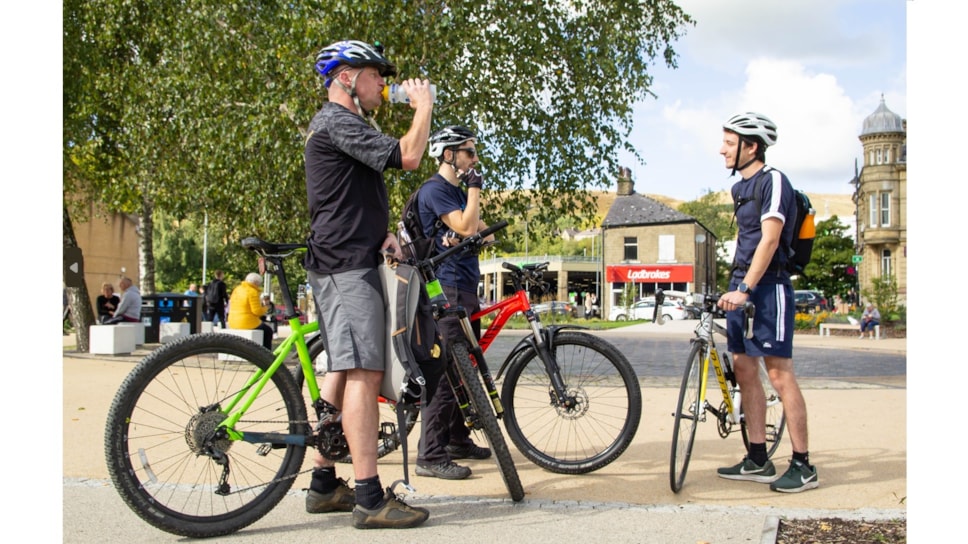At Lancashire County Council’s recent Cabinet meeting held on Thursday, May 9, councillors convened to deliberate over strategies aimed at promoting walking and cycling across the county. Collaborating closely with Blackpool Council, the council unveiled seven comprehensive Local Cycling and Walking Infrastructure Plans (LCWIPs), designed to bridge existing gaps in the footpath and cycle route network, thereby facilitating safer, more direct, and convenient routes for pedestrians and cyclists alike.
These LCWIPs, currently in development, are poised to revolutionize walking and cycling infrastructure in key areas including Burnley and Pendle; Central Lancashire; the Fylde Coast; Hyndburn and Rossendale; Lancaster; Ribble Valley; and West Lancashire.
The inception of these plans follows extensive public engagement initiatives undertaken last year, during which residents were invited to provide feedback on their experiences with cycling and walking, pinpointing areas in need of improvement. Armed with insights gleaned from these consultations, coupled with pertinent policies and data analyses, the council has meticulously crafted a series of network maps, laying the groundwork for future funding bids.
Scott Smith, Lead Member for Active Travel at Lancashire County Council, expressed unwavering commitment towards fostering a cycling and walking-friendly environment across Lancashire. He asserted, “We are determined to make Lancashire the best place to cycle and walk for all ages, whether for leisure or commuting, and we hope these plans will allow increasing numbers of people to make cycling and walking part of their everyday lives. These plans were formed by engaging directly with residents right across Lancashire, recognizing that local knowledge is hugely important in enabling people to make the choice to cycle or walk, and in developing the infrastructure we need to make that easier for all.”
Crucially, the formulation of these plans entailed close collaboration with district councils, underscoring a cohesive, multi-agency approach towards enhancing active travel infrastructure. The forthcoming deliberations by Blackpool Council’s Cabinet in June further underscore the collaborative efforts undertaken to realize these ambitious plans.
As Lancashire sets its sights on fostering a culture of active travel, these pioneering initiatives mark a significant stride towards realizing a more sustainable, healthier, and interconnected county for all its residents.

